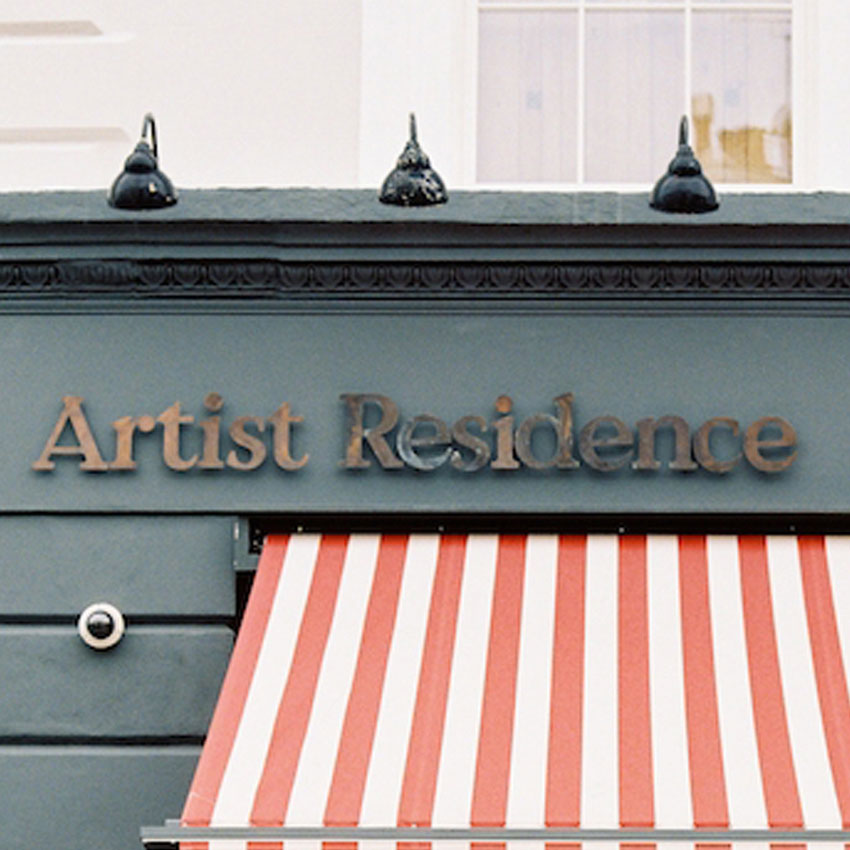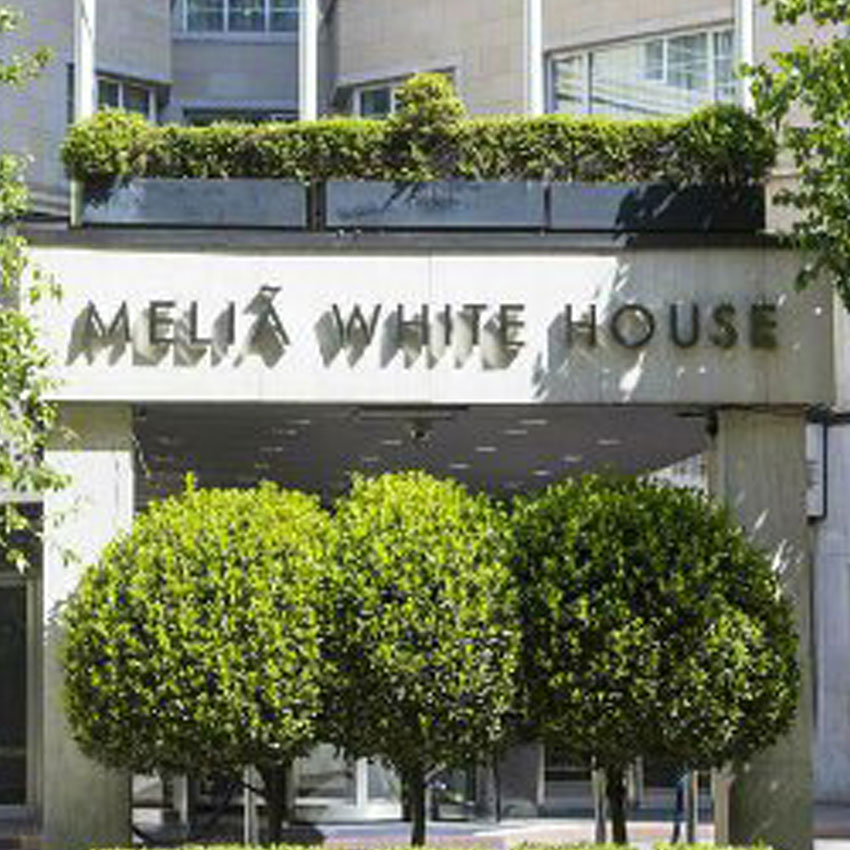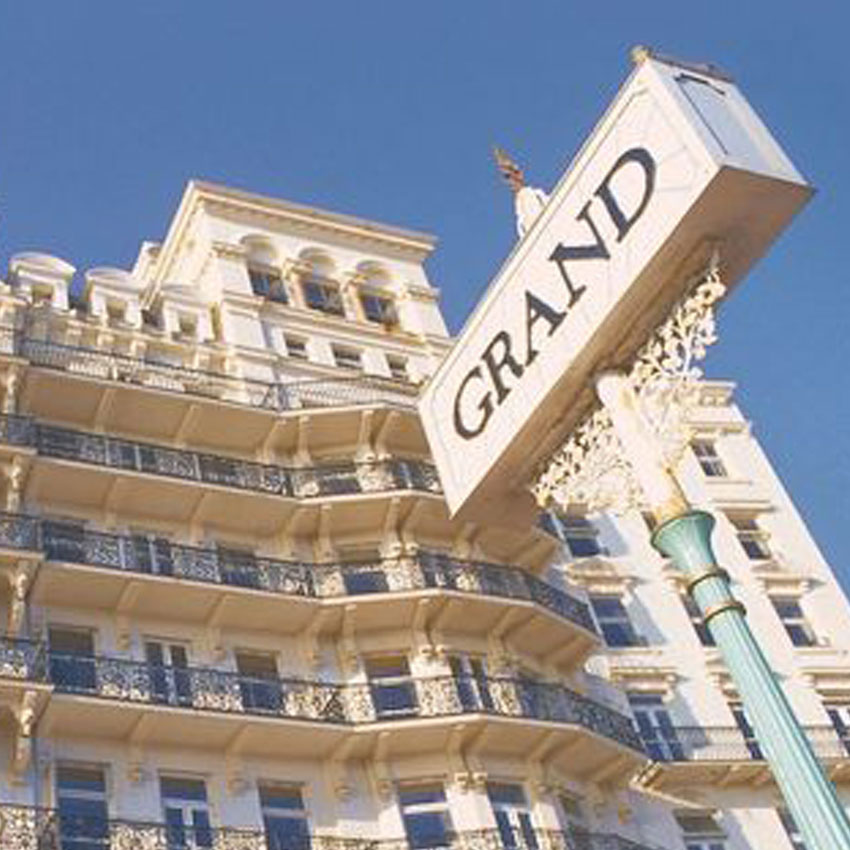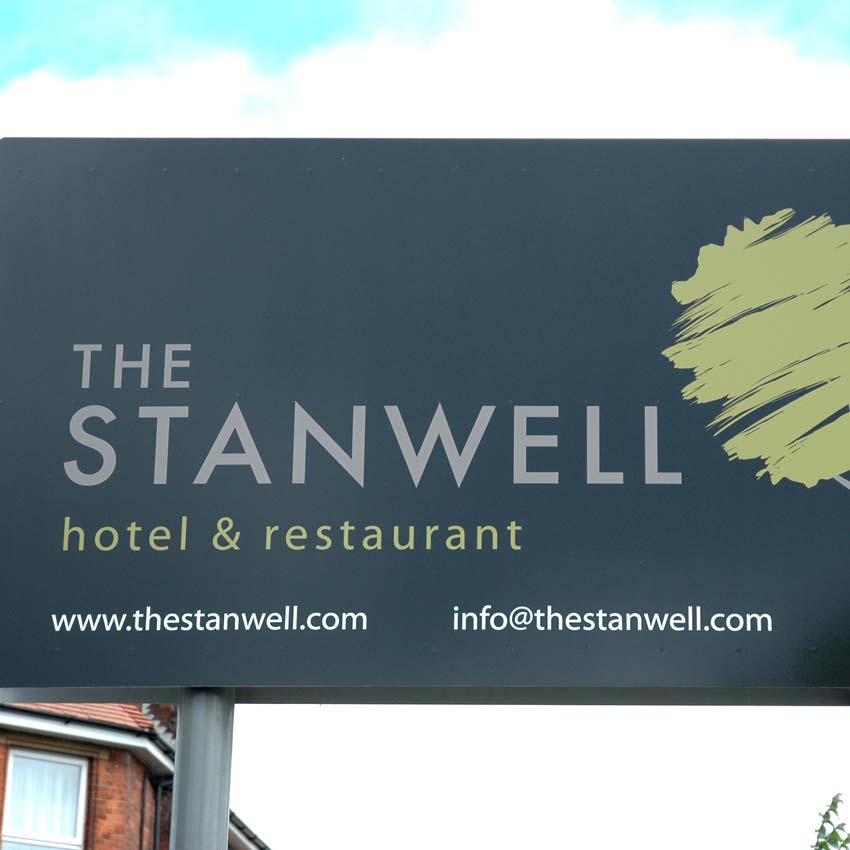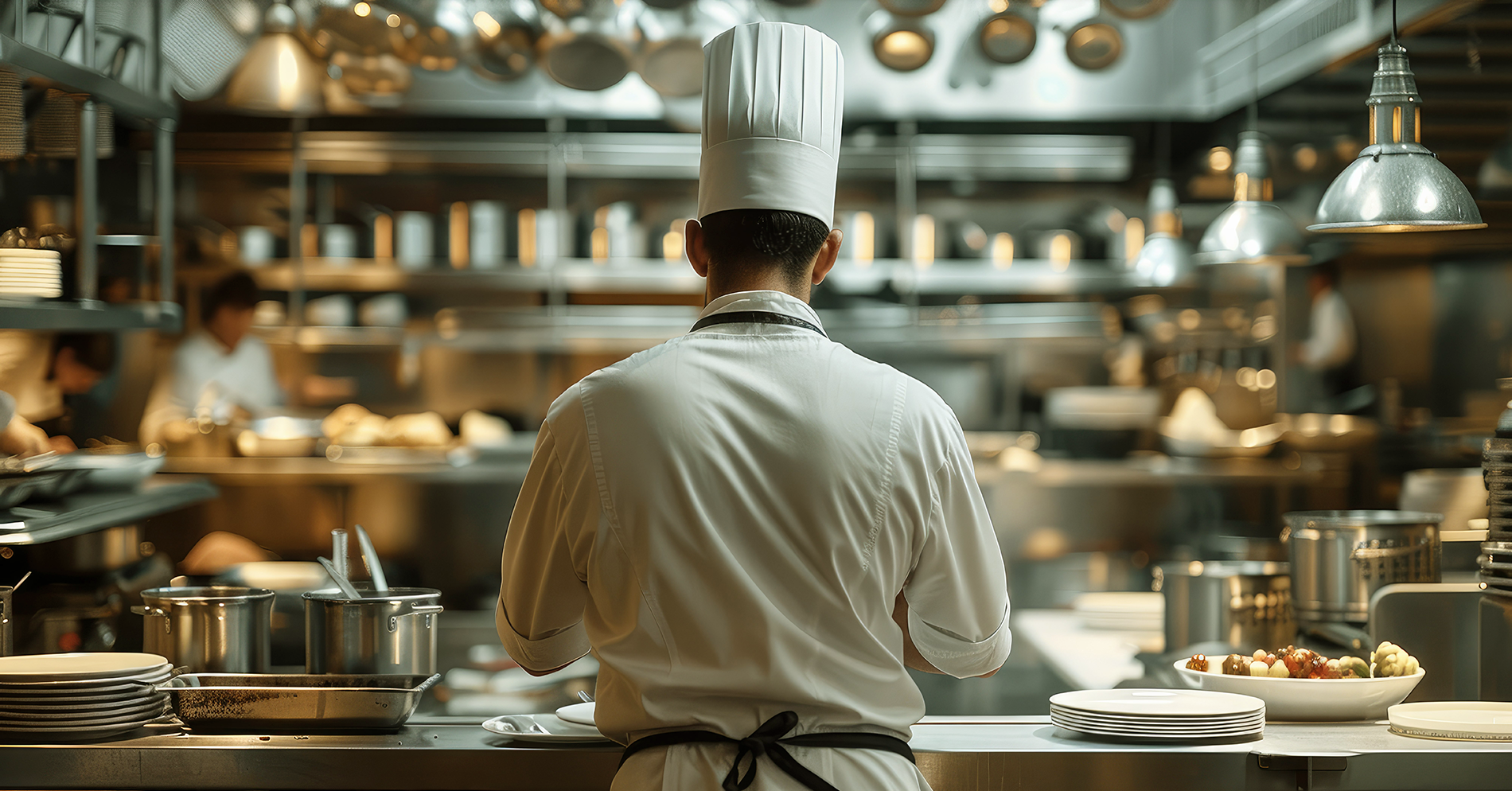
Located in towns, cities and villages and across coastlines and countryside, there are over 45,000 hotels and B&Bs in the UK. Between them, they cater to business, tourism, celebrations and relaxation and collectively, generate a staggering £20 billion every year.
And why are hotels important to us? Because wherever people stay – people eat!
And we have been designing and installing kitchens and bars across every corner of the hotel industry for over 45 years.
READY,
WILLING,
AND ABLE
Hotels provide a warm and welcoming home away from home for leisure and business travellers, for families and couples, groups and independent visitors, each with their unique set of expectations, preferences, and needs.
Hotels range from the ultra-luxurious and boutique to the resort and budget. The options are endless, and with such a diverse selection, there is something to suit everyone. But, whatever their client profile, hotels operate 24 hours a day, 7 days a week and 365 days a year.
Preceded only by location and a comfortable bed, food plays a fundamental role in guests’ enjoyment and will be central to how they rate their stay with you. In fact, around 40% of travellers prioritise dining options, including restaurant and breakfast quality, as an essential component of their stay – especially in luxury and boutique hotels, where the culinary experience is often a major draw.
Your reputation hangs on your ability to fulfil all food and beverage demands, no matter what the time of the day or night, whilst operating in an environment that never rests.
HOTEL KITCHENS PREPARE AND COOK BREAKFAST, LUNCH AND DINNER EVERY DAY OF THE YEAR
HOTEL KITCHENS BULK-COOK MEALS FOR BANQUETS, CONFERENCES, EVENTS AND CELEBRATIONS
HOTEL KITCHENS CATER FOR WALK IN DINERS, AFTERNOON TEAS AND FOOD ORDERS FROM THE BAR
HOTEL KITCHENS ARE ALWAYS ON STANDBY TO PROVIDE ROOM-SERVICE AND TO FEED STAFF
DEMAND IS RELENTLESS AND THE WORKLOAD IS ENDLESS.
HOTEL KITCHENS MUST KEEP COOKING 24 / 7 / 365
CATERING FOR
EVERY NEED
A major aspect of hotel catering is the sheer range of customers that you could be cooking for over the course of a ‘normal’ week. At its simplest, this will comprise an offering of breakfast, lunch and dinner for hotel residents during their stay. But, of course, most hotels open their dining facilities to non-residents too.
Beyond day-to-day dining, hotels usually offer a range of conference and banqueting options for both social celebrations and corporate events, which can range from daytime business meetings to full blown evening extravaganzas and product launches.
But, of course, hotels go way beyond these two service models. Many hotels also operate dedicated lounge and bar menus that cater for all manner of business gatherings or public walk-ins. And then there’s afternoon tea, a trend that’s currently seeing unprecedented growth, and, of course, unrelenting, around-the-clock, room service.
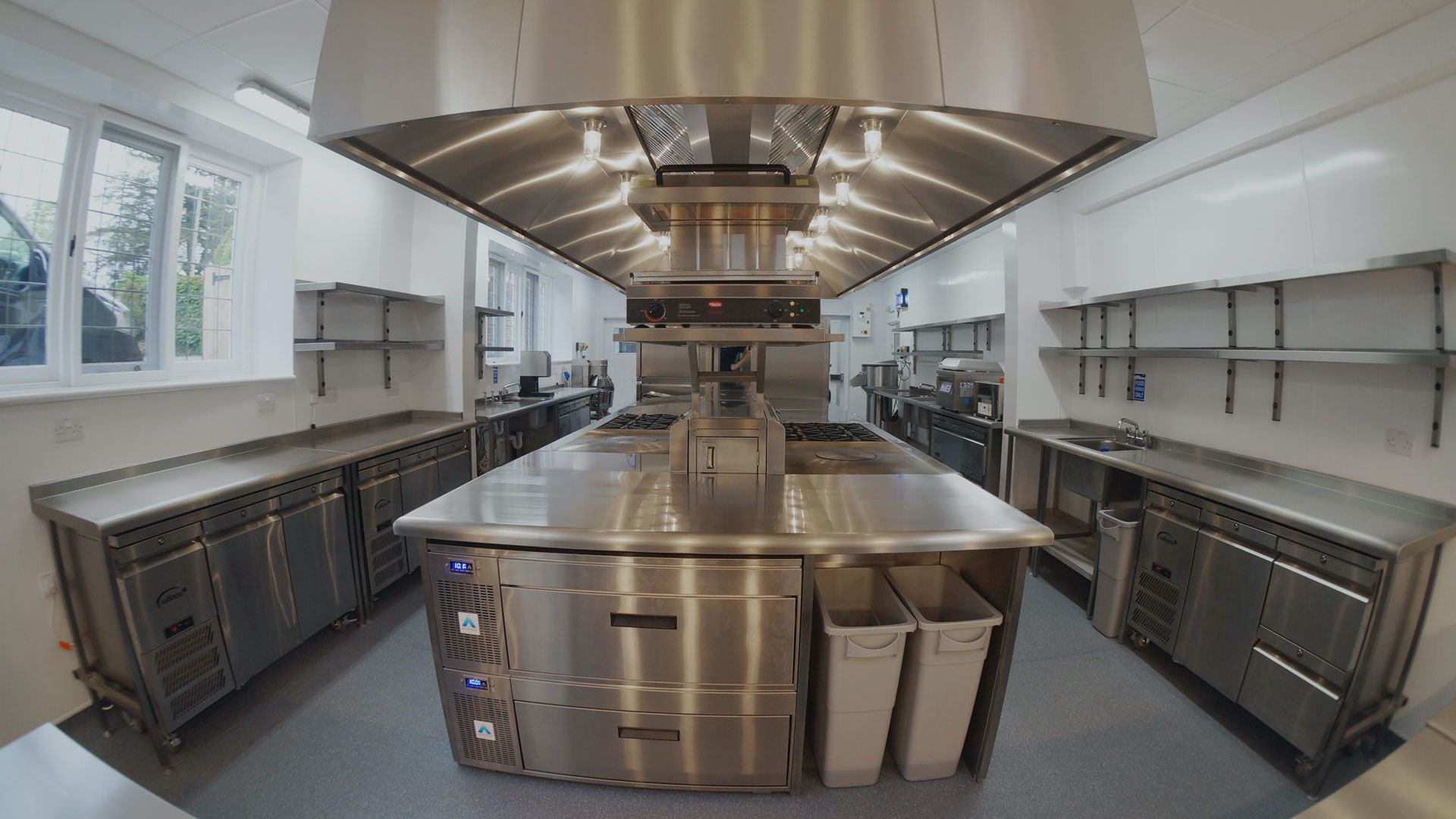
Cooking by numbers
Cooking a la carte food to order and bulk-cooking for large events are worlds apart.
Bulk cooking requires larger appliances and efficient batch processing of food by a well-drilled team of chefs, from delivery through to service, always working to synchronised deadlines. On the other hand, an a la carte service, as in any restaurant environment, follows a prep > cook > plate process that is usually geared towards high-end quality and presentation across much broader service sessions.
However, with meticulous forward-planning, and with kitchens that are designed to deliver, cooking across multiple cuisines and volumes, consistent quality can be maintained. One thing is certain. With guest numbers that might range from the 10s to the 1,000s, no two weeks in a hotel’s catering calendar are ever the same!
HOTELS CAN CATER FOR VIRTUALLY ANY EVENT SO KITCHENS MUST BE HIGHLY VERSATILE AND DYNAMIC IN EVERY POSSIBLE SENSE
now we’re cooking
With the exception of small hotels that are catering for limited numbers, operating these very different service models from a single kitchen would be highly challenging. Without rigorous planning and execution measures, consistency in food quality would be virtually impossible to maintain.
Medium and larger hotels will usually have dedicated kitchens for banqueting operations and day-to-day table service. And, beyond that, the very largest hotels will usually have dedicated kitchens for each dining space, every one designed to deliver a specific menu and service style.
These will include: a la carte kitchens, production kitchens, holding kitchens, reheating kitchens and room-service kitchens, each with its own distinct identity and workflow ergonomics.

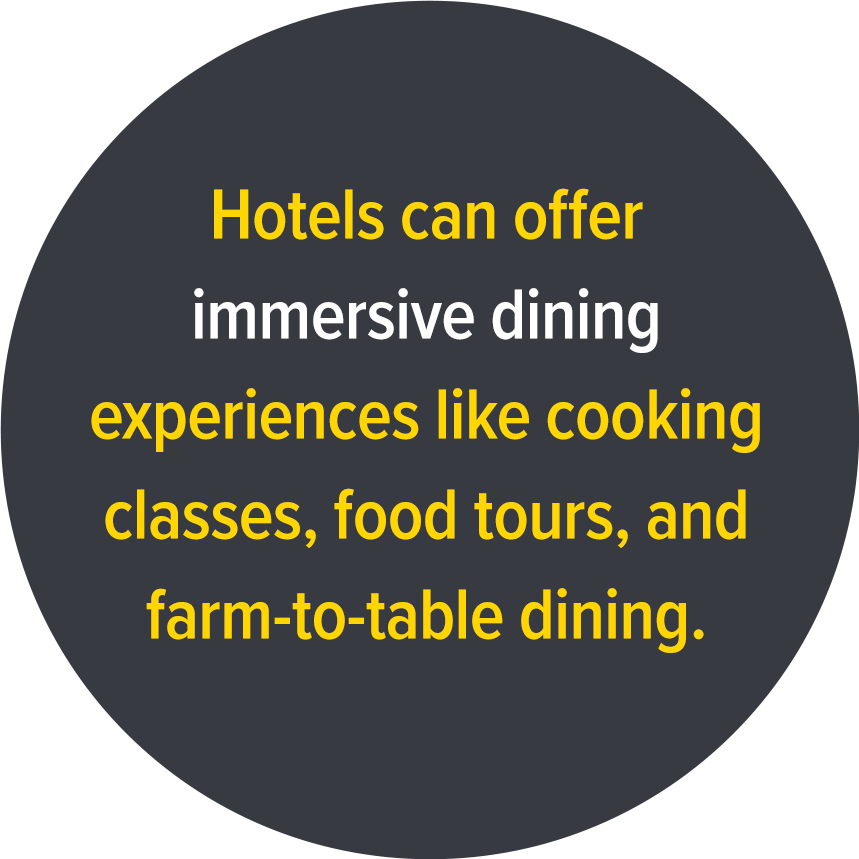


AT YOUR SERVICE/WE’RE READY
Understanding your business is central to our work. Establishing who you cook for, and when, where and how you serve food is just the starting point. We need to understand where food deliveries arrive into your building, how food is stored, when food is prepared and how it will be cooked and served. There is also the matter of washing up!
Whether you have one central, multi-functioning kitchen, or numerous satellite kitchens located across your premises, we can help you devise a plan to cook what you want, where you want and whenever you want. Our design team has accumulated decades of experience in producing well-ordered schemes for highly structured hotel operations.
We’re here to talk whenever you’re ready.
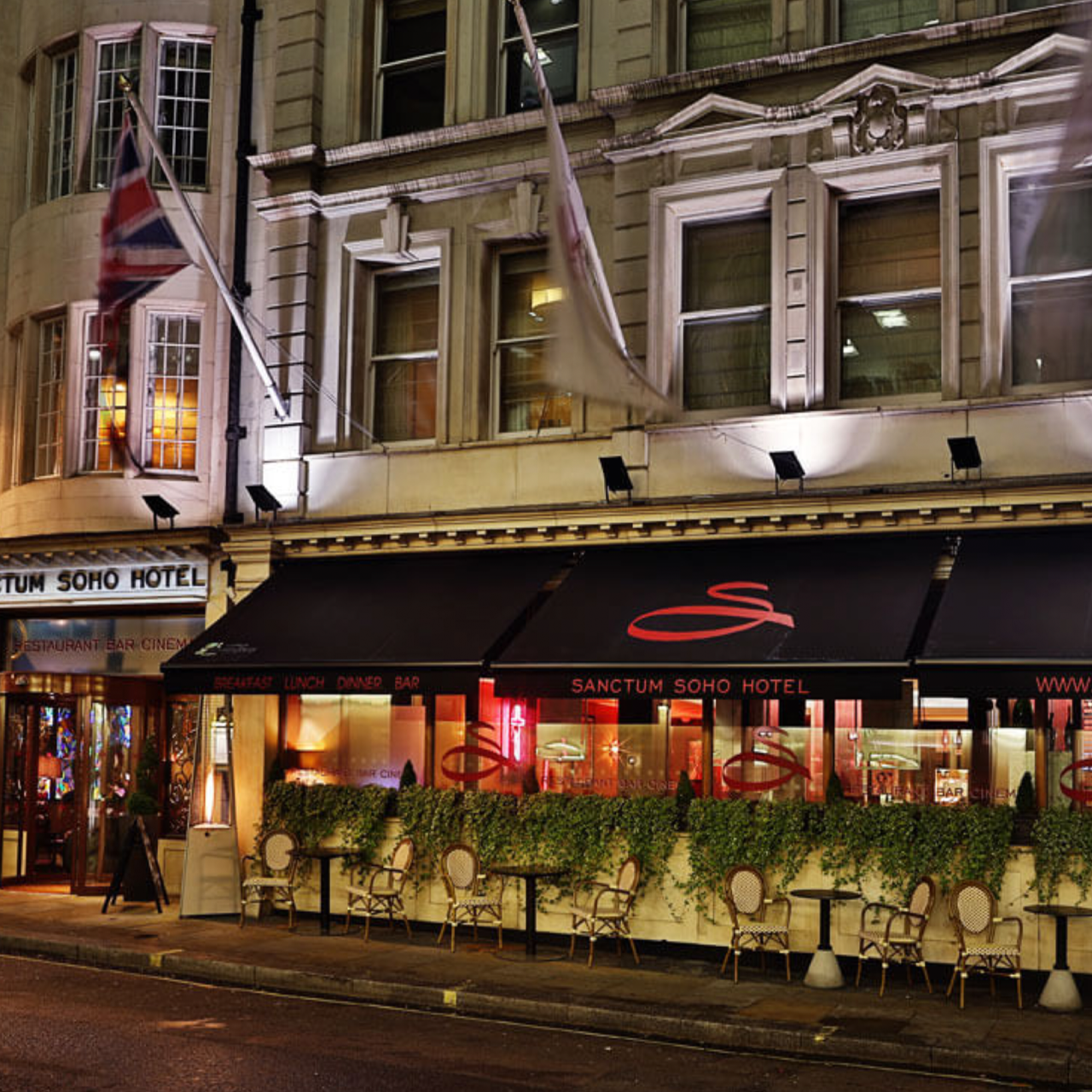
Mark Fuller
CEO, Soho Sanctum Hotel.
We go the extra mile for our guests and we appreciate the same philosophy in the companies we deal with and a key member of that group is Nelson. We have a Nelson kitchen and our chef, Garry Hollihead, loves it! They’re a phenomenal firm and, like us, provide a service that really goes above and beyond

THE BALANCE
OF POWER
Hotel kitchen designs must always be versatile and dynamic to enable them to cater for countless styles of food, served in varying volumes and on different occasions.
On a given Saturday evening a hotel may be serving a wedding breakfast to 300+ guests, whilst also presenting high-end, a la carte food to diners in the hotel’s various in-house restaurants. And, just to add further complication, there will inevitably be calls for room-service and walk-in trade to the bar areas.
For these reasons, and many more besides, we always look to specify the heaviest-duty appliances within hotel kitchens – equipment built to withstand the 24/7 demands of these exceptionally busy operations.
Every appliance we specify must be a workhorse, designed with the firepower, robustness and assured longevity required to withstand the most relentless of environments.
THERE’S ‘BESPOKE’
AND THEN
THERE’S BESPOKE
High end hotels are home to some of the UK’s most talented and accomplished chefs, many of whom have achieved Michelin star rating. This level of cooking warrants the best possible equipment, at the centre of which is often a bespoke cooking suite, custom-designed and custom-made to meet Chef’s most exacting criteria.
This would be fulfilled by one of Europe’s most prestigious manufacturers, each boasting a lineage that has served the needs of some of the world’s leading chefs.
For those who decide on this route, establishing precise specifications is an intricate and personal experience involving Chef and the Nelson design team. Our role is to guide you throughout the process. Firstly, we will help you decide which manufacturer would be the perfect match.
Then, we would mentor you through every stage of the process, guiding you through the myriad of choices and ensure the smooth delivery and installation of the finished suite – the foundation of your kitchen, and something that will remain central to the hotel’s kitchen for decades.
EQUIPMENT ESSENTIALS
Hotel kitchens have a multitude of complex needs while producing phenomenal volumes of food across a wide range of cuisines and service styles.
But all hotel kitchens invariably share these four fundamental functions:




CELEBRATING BANQUETS
Our proficiency in hotel banqueting projects can be attributed to skills transferred from large-scale production kitchens. Our experience of working with some of the UK’s most prestigious event caterers has provided us with the technical and practical logic required for industrial bulk-cooking, which has remarkably similar core principles to those of banqueting schemes.
The fundamental requirements are – taking in, storing, prepping, cooking, plating and serving large volumes of food in a systematic and controlled environment while working under the pressures of tight timelines and high expectations. With diverse schedules that might include wedding receptions one day, and corporate product launches the next, hotel banqueting kitchens need to be amongst the most versatile and robust in the culinary world.
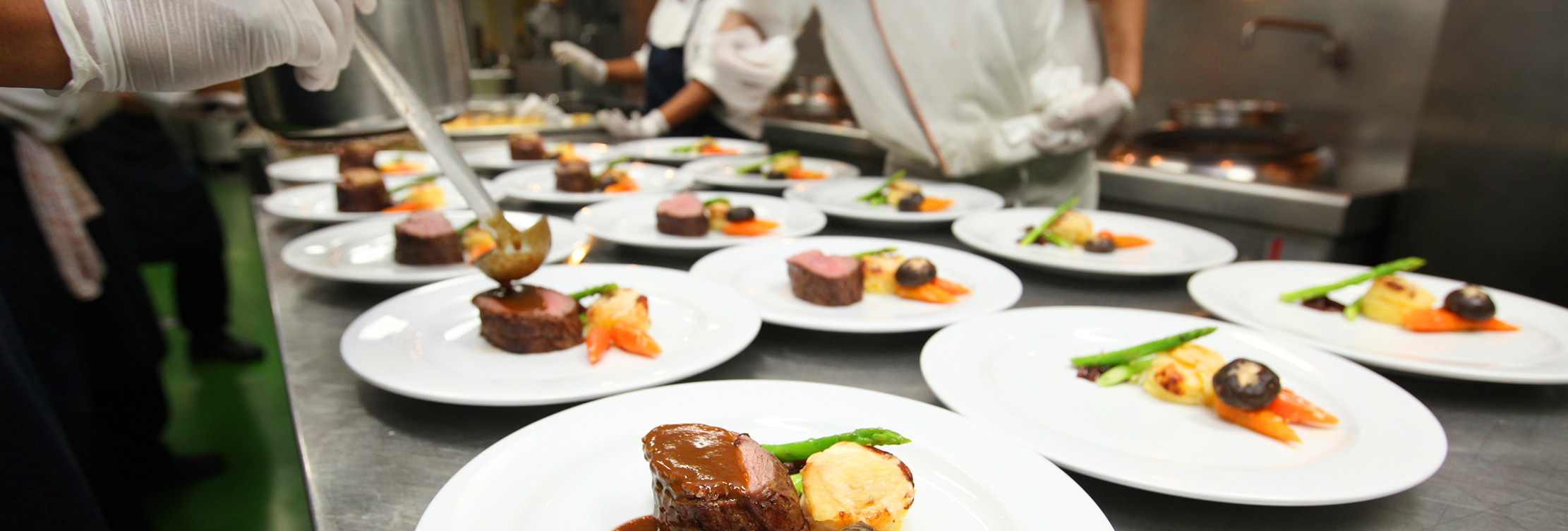
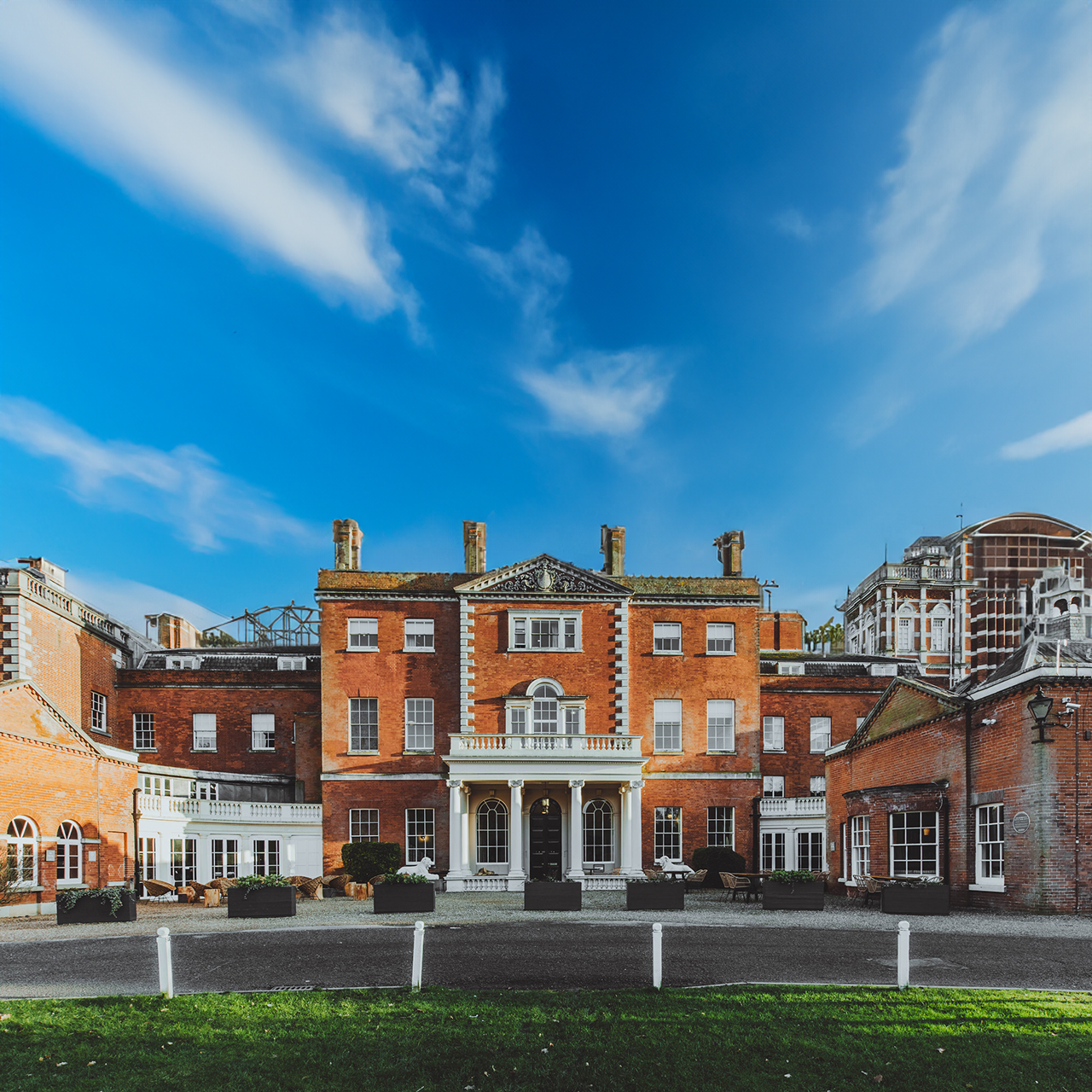
Robin Gill
Chef, Restaurateur.
It feels like you’re working with a small, family run business – but with global scale professionalism! They’ve helped me with modest to, frankly, grand designs and they work meticulously to get the best outcome. They respond fast, follow up every call and never miss a detail.
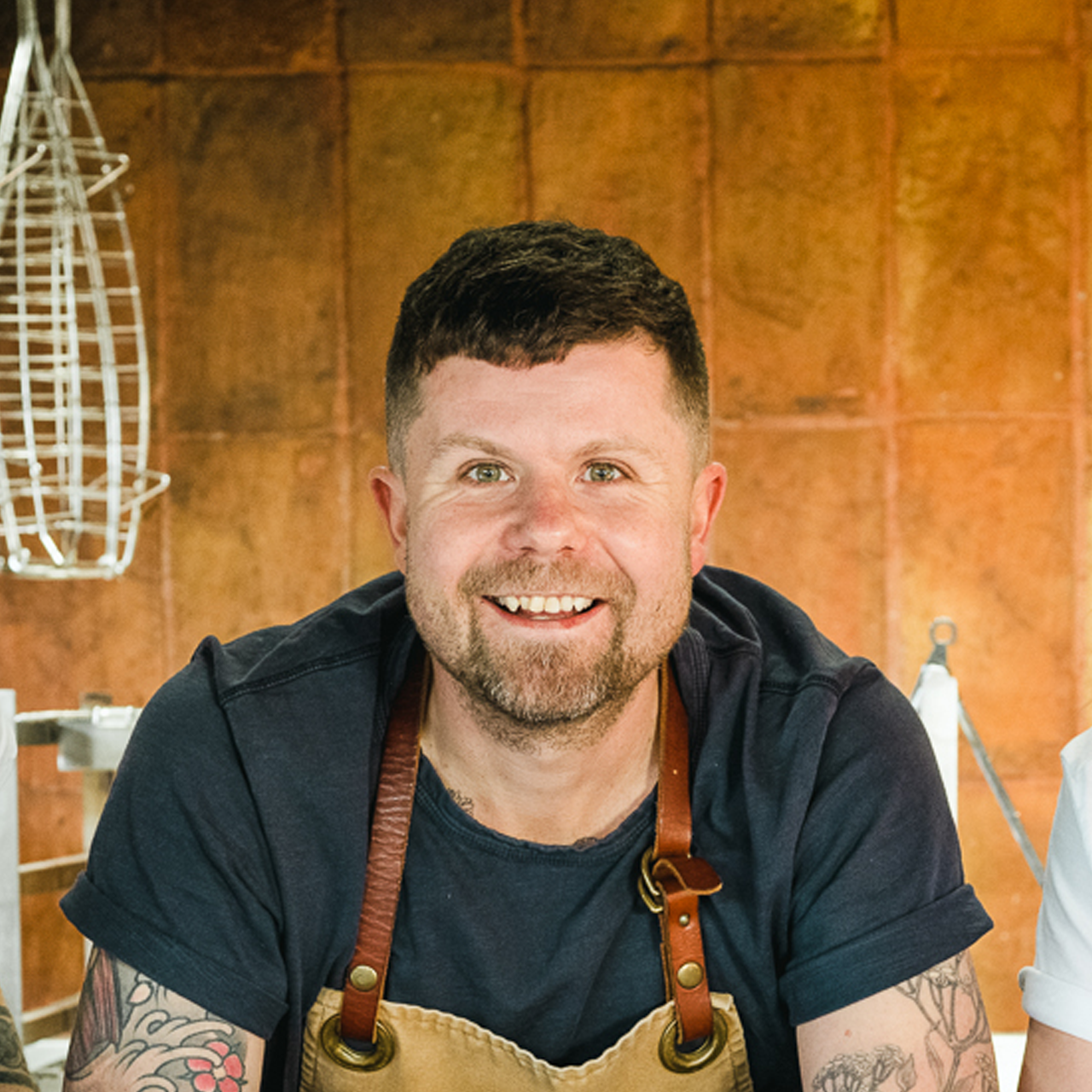
FOR SOME GUESTS, HOTEL DINING RARELY EXTENDS BEYOND A COOKED BREAKFAST, BUT FOR MANY A HOTEL BREAK IS A LUXURIOUS AND INDULGENT TREAT. IN EITHER EVENT YOU WILL BE RATED BY THE FOOD YOU SERVE
setting the
bar high
Hotel bars are versatile venues that can be used for multiple purposes. Of course, they provide a convivial place for guests and non-residents to relax and unwind over a drink. Beyond this, they can prove a popular choice for an impromptu social or business meet-up, with no booking required, while also providing the perfect setting for an informal bite.
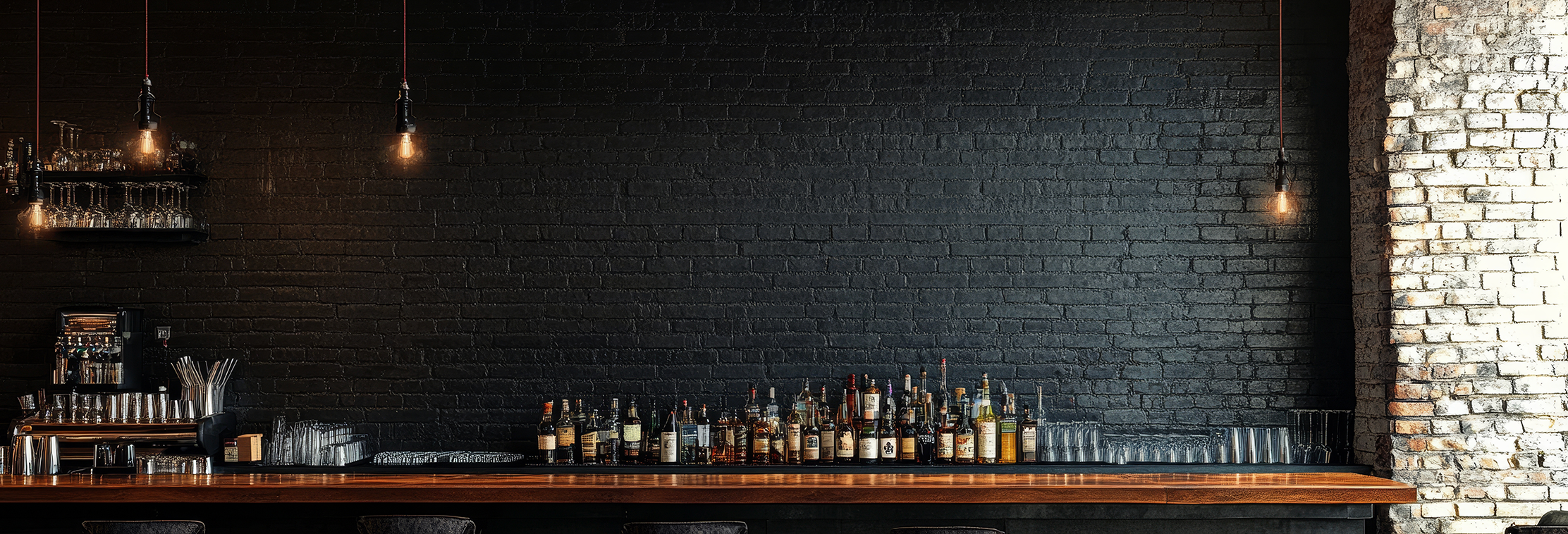
Depending on location and clientele, a hotel’s wet trade offering can be a major draw with expertly devised cocktail menus, eclectic wine lists and premium beers on offer.
We create bespoke backbars that are designed to match the needs of a hotel, enabling staff to provide the smoothest operation with fast service, sparkling glasses, properly chilled drinks and beautiful presentation.
A bespoke design maximises the functionality of a backbar, regardless of any spatial limitations, and will incorporate all the necessary appliances and equipment within an ergonomic, high-functioning layout.
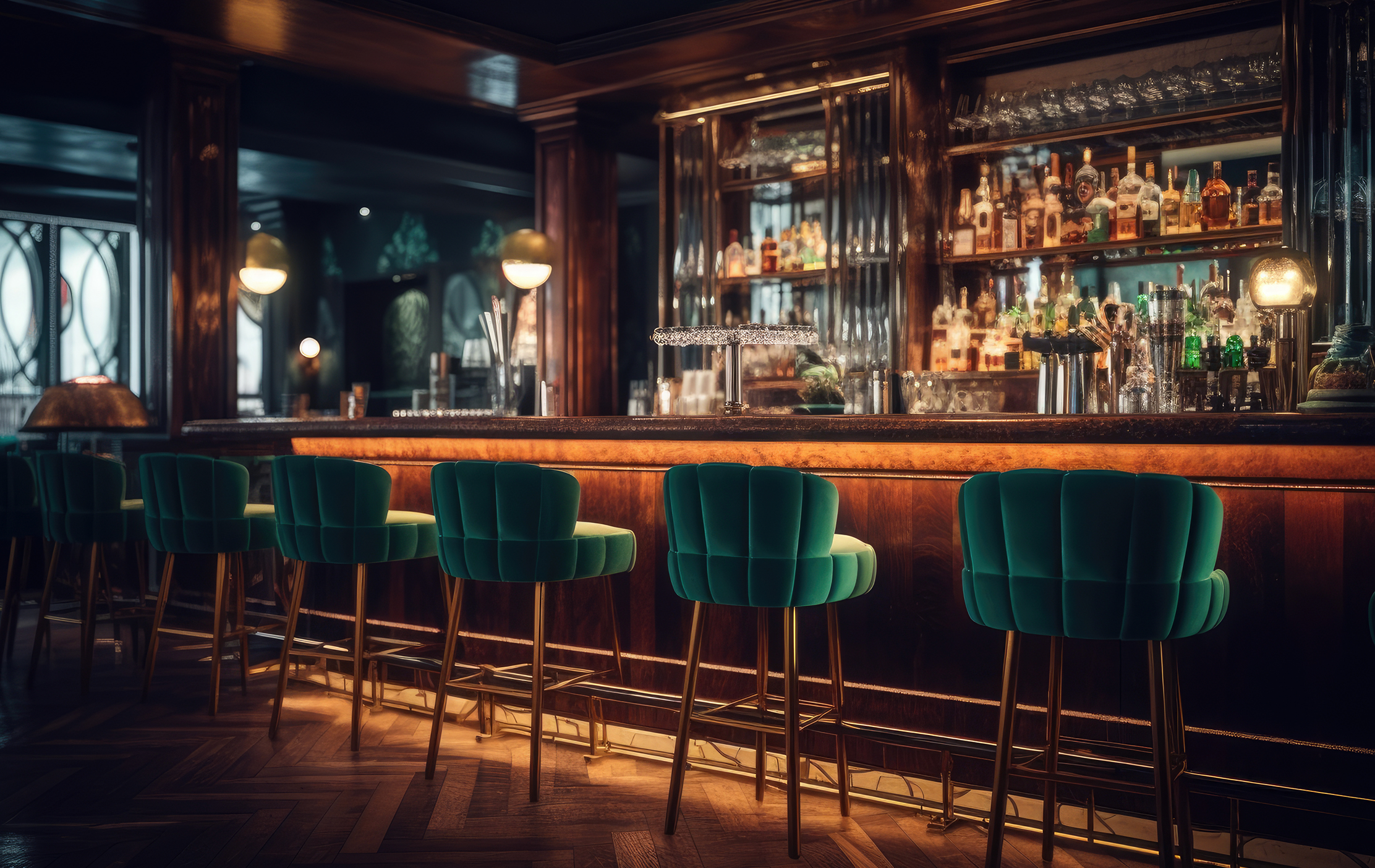
REVIEWS!!!!!!
Not surprisingly, reviews are an increasingly important part of any hotel’s reputation and more than 90% of guests read multiple online reviews prior to deciding to visit a hotel. Beyond the quality of the accommodation itself, your guests’ views on your food will undoubtedly dominate. And, as most guests will eat in the hotel for at least part of their stay, their opinions really do matter. Of course, they also provide valuable insight for your F&B team.
A further advantage of positive reviews is that they will assist your website in achieving higher rankings in all leading search engines!
How can we help you?
Whether you’re in the earliest stages of planning or you have a site that’s ready to go, it’s never too early to involve us. We can advise and assist you at every stage so let’s start the conversation today.





